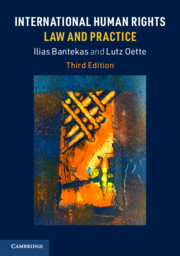This review article outlines the literature on nonterritorial autonomy (NTA) from the renewed interest in the concept in the mid-2000s until today. First, the article provides a brief overview of the meaning of NTA and the rationale behind it, highlighting how, in academic literature, NTA oscillates between positions that treat it as an attractive option and a highly impractical system (difficult to realize in practice or even pin down conceptually). Second, the article looks at trends in the existing literature, which has approached NTA with various emphases: the functions it fulfils (or has fulfilled); its (at times) supplementary role vis-à-vis territorial autonomy; and the dynamics that have led to its introduction in some countries, with attendant implications. Third, the article outlines some of NTA’s complexities, suggesting future areas of research, with reference to the interaction of territoriality and nonterritoriality, collective rights and participation, and potentially negative consequences of NTA regimes.

